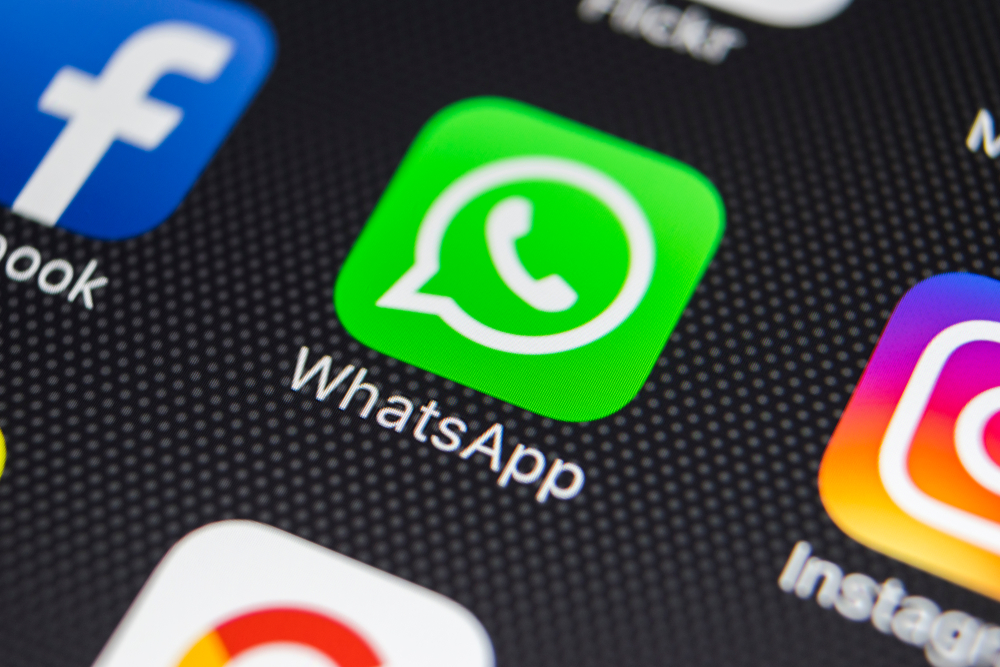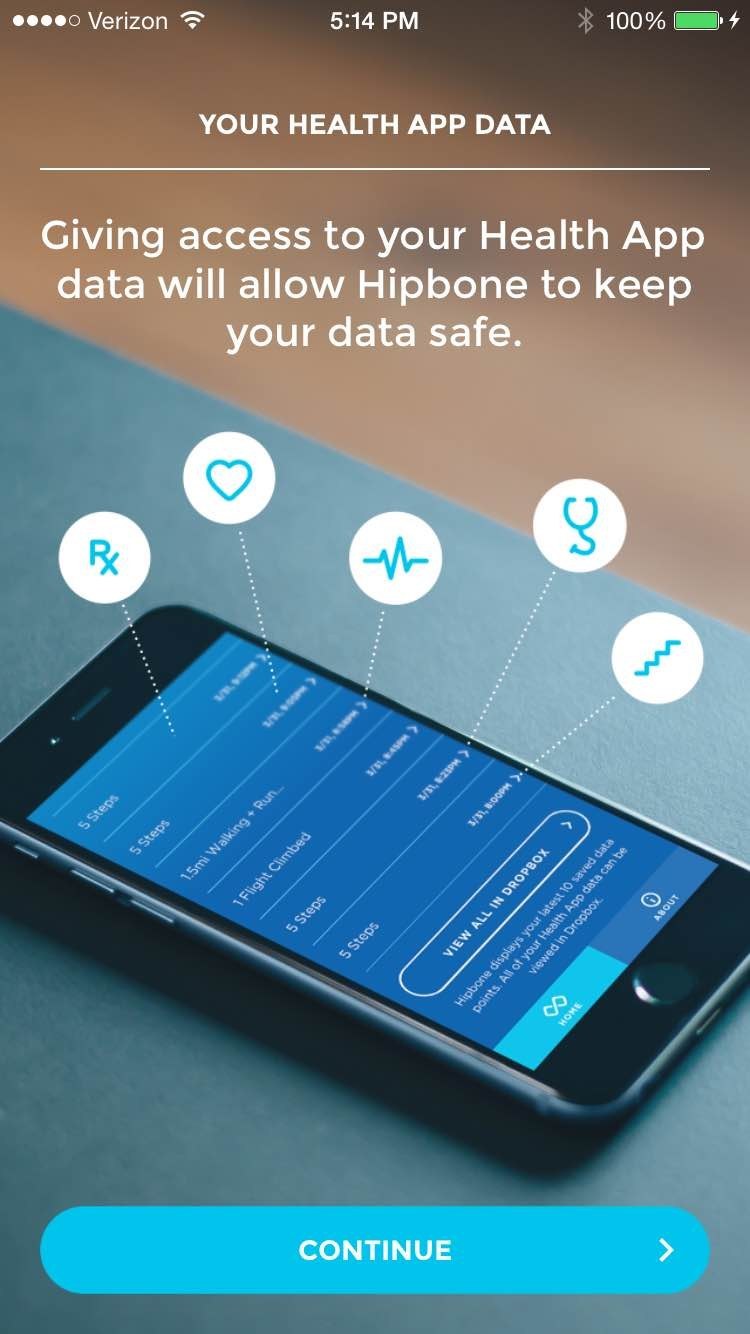
Many of them included small and medium-size businesses that used WhatsApp for free to speak with customers. Simultaneously, WhatsApp’s reach continued to spread globally, embraced by millions of users in Brazil and South America, as well as across the Middle East and much of the European Union. WhatsApp maintains none of those changes were used for ad-tracking purposes. The company made changes that allowed Facebook to glean more insights about how people use WhatsApp. Zuckerberg announced a plan to stitch together all the messaging services on the apps he owns - WhatsApp, Messenger and Instagram. The company’s founders swore off advertisements on the app, and after dabbling with the notion of charging each user $1 annually to use the service, Facebook executives nixed the idea as too anemic and difficult to scale.īy 2018, WhatsApp founders were headed out the door. WhatsApp has historically been hesitant to make money from its service. In February, a quarter of the company’s market value was wiped out - more than $230 billion - after a dismal earnings report. In addition, Meta is navigating a tricky transition to become a “metaverse” company that provides people with immersive digital experiences. The war in Ukraine has also upset some of Meta’s advertising operations. Meta’s advertising business has been hurt by Apple’s changes to the iPhone operating system, and the company lost tens of millions of users in Russia after being banned in the country. Now making more money has become paramount.

For years, WhatsApp was free to use while costing Meta hundreds of millions of dollars to operate and support. Facebook acquired WhatsApp in 2014 for $22 billion, the company’s most expensive acquisition.

The move is Meta’s strongest signal that it wants to begin making meaningful revenue from WhatsApp, especially as it faces business challenges on several fronts.




 0 kommentar(er)
0 kommentar(er)
